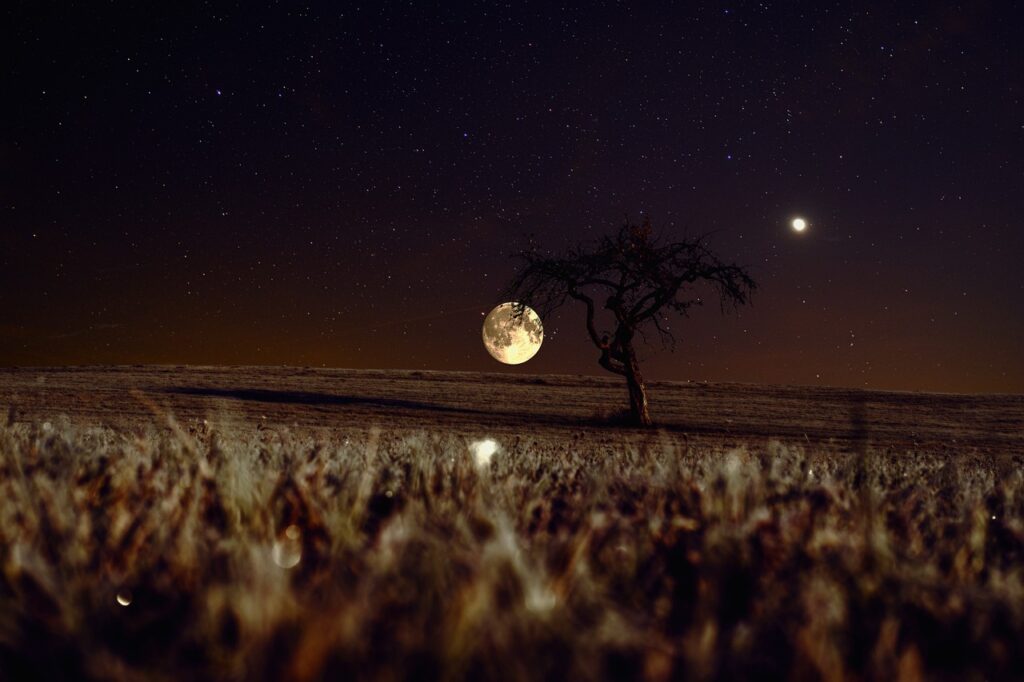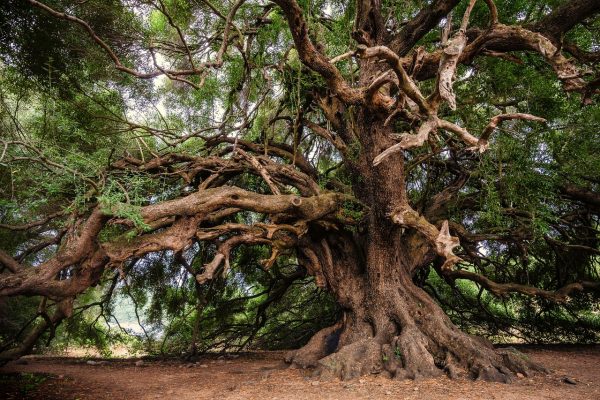Sometimes there is the need to leave behind the stories that others have told to define one’s one self. What people think, say, and write for now and the days to follow does not truly define who that self is though.
If or when the feeling of being trapped within the walls, remember the story of my soul ancestor Rachav. In the TorahThe Five Books of Moses, and the foundation of all of Jewish life and lore. The Torah is considered the heart and soul of the Jewish people, and study of the Torah is a high mitzvah. The Torah itself a scroll that is hand lettered on parchment, elaborately dressed and decorated, and stored in a decorative ark. It is chanted aloud on Mondays, Thursdays, and Shabbat, according to a yearly cycle. Sometimes "Torah" is used as a colloquial term for Jewish learning and narrative in general. and midrashA rabbinic method of interpreting text, often through the telling of stories., she is defined as a zonah – a woman who engages in prohibited sexual acts. Yet these stories are likely no more than gossip about a woman who acts in order to preserve life, someone who was more likely a priestess than someone dwelling within walls that were uninhabited at the time her story was situated in. Likewise the negative stories people tell to define others are often based in projections of the forbidden, that the object of those stories becomes a symbol of the one telling the stories.
Stories have a life of their own and this is a reminder the life behind those stories are told of goes beyond the walls of myth and the confines of the texts. There are people behind the long and warped shadows of legendary about them. Beyond the walls, the truth of one’s being is a wild orchard that is defined only by what we nurture within. This is such a story:
They wrote that my home is among the wall; I was a thresholder:
So am I neither one who dwells within the inner walls,
Nor am I of lands without? Of neither, I exist inbetwixt.
Neither was I quite the rootless wanderer, nor was I proud,
And was I no more dreaming than deep-rooted? Yet…
Yet I still dream of what comes, living in that near.
Among walls I read, yet abstracted scholars are far distant:
Instead I sail upon words written to worlds unrevealed,
Even after life I persist with stories as-yet unwritten, blessed.
It was thus that I was edited away to empty walls; a dead city,
Admittedly I find it curious; a doyenne of this ghost town,
That I am oft derided in these Kuleshov memories.
In memory I remained long after mud walls washed away,
I was told of long after earthquakes crumbled,
I am broad, even as Elisha’s Spring yet withers.
And so I know despite libels made upon my character,
I will outlast the army of myth and lamentation;
No more will I be coerced to tolerate textual prevarications.
And so declare I: this get from an entangled story of liberation,
Thus I divorce my story from heroic myths of a man,
I rescue my own tale from bellicose impetuses.
No, I am and ever was a priestess, yet not a zonah:
I lay beneath the shade of fruit trees, not men;
My lands were free, vast, confined by no walls, and ever moonlit.












